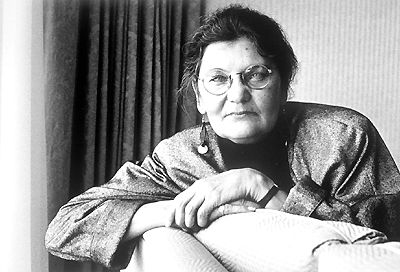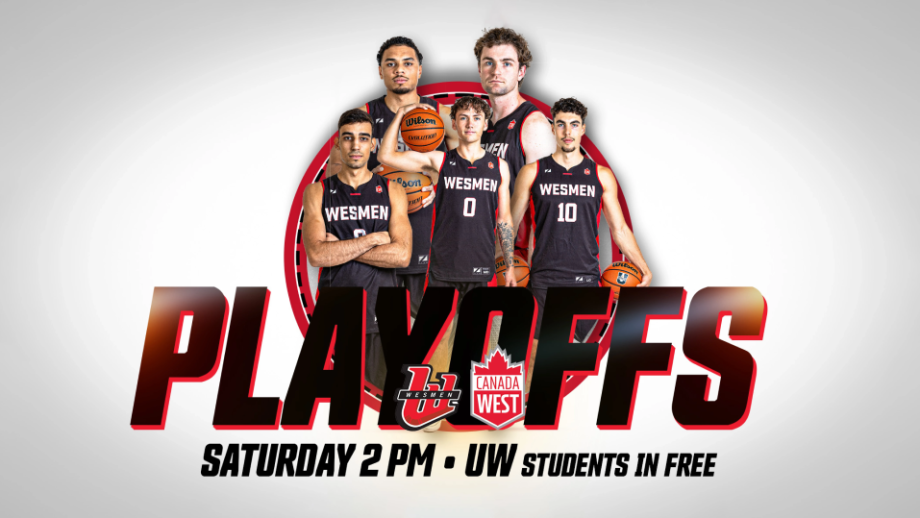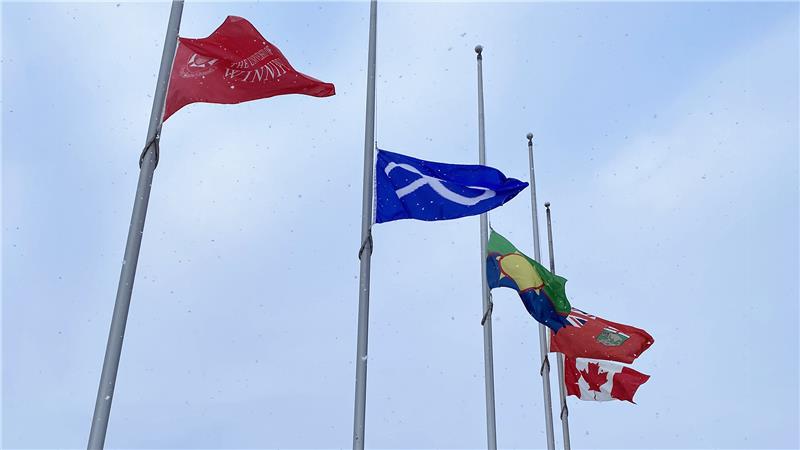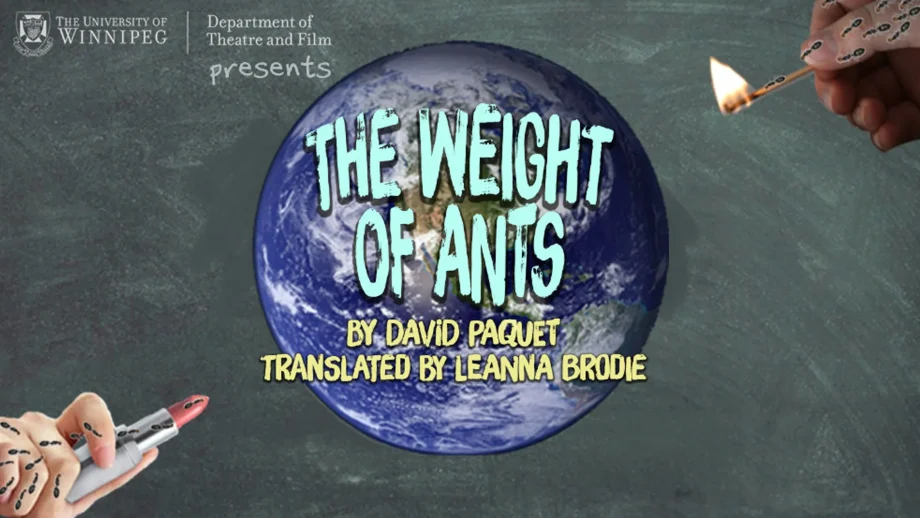It is with regret this evening’s lecture has been cancelled.
Eminent Metis author Maria Campbell will be speaking at UWinnipeg on Tuesday July 7, 2015, 7:00pm, in Convocation Hall. Her lecture will focus on aspects of Metis history, culture and identity. Campbell is a distinguished Metis scholar, activist, Elder and served as UWinnipeg’s 2009 Carol Shields Writer-in-Residence. This event is free and open to the public.
This lecture is sponsored by the Teaching History Summer Institute (Department of History), which is supported by the University of Winnipeg and Manitoba Education and Advanced Learning. The 2015 Institute is in partnership with the Manitoba Museum, Manitoba Metis Federation, and St. Boniface Museum.
Maria Campbell is a fluent speaker of four languages: Cree, Michif, Saulteaux, and English. Her first book was the memoir Halfbreed (1973), which continues to be taught in schools across Canada, and which continues to inspire generations of indigenous women and men. She has also published other works like the collection Stories of the Road Allowance People. Four of her published works have been published in eight countries and translated into four other languages (German, Chinese, French, Italian).
In addition to her work in the arts, Campbell is a volunteer, activist and advocate for Aboriginal rights and the rights of women. She was a founder of the first Women’s Halfway House and the first Women and Children’s Emergency Crisis Centre in Edmonton. She has worked with Aboriginal youths in community theatre; set up food and housing co-ops; facilitated women’s circles; advocated for the hiring and recognition of Native people in the arts, and mentored many indigenous artists working in all forms of the arts. Campbell sits as an Elder on the Saskatchewan Aboriginal Justice Commission, and is a member of the Grandmothers for Justice Society. Academically, she has focused on teaching Metis history and Methods in Oral Tradition Research. She has worked as a researcher, meeting with elders to gather and record oral historical evidence of many aspects of aboriginal traditional knowledge, including medical and dietary as well as spiritual, social, and general cultural practices.





